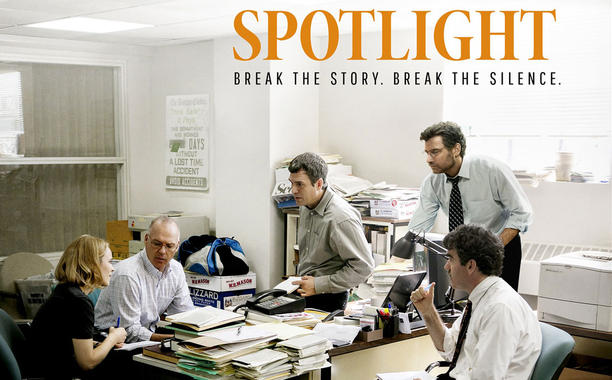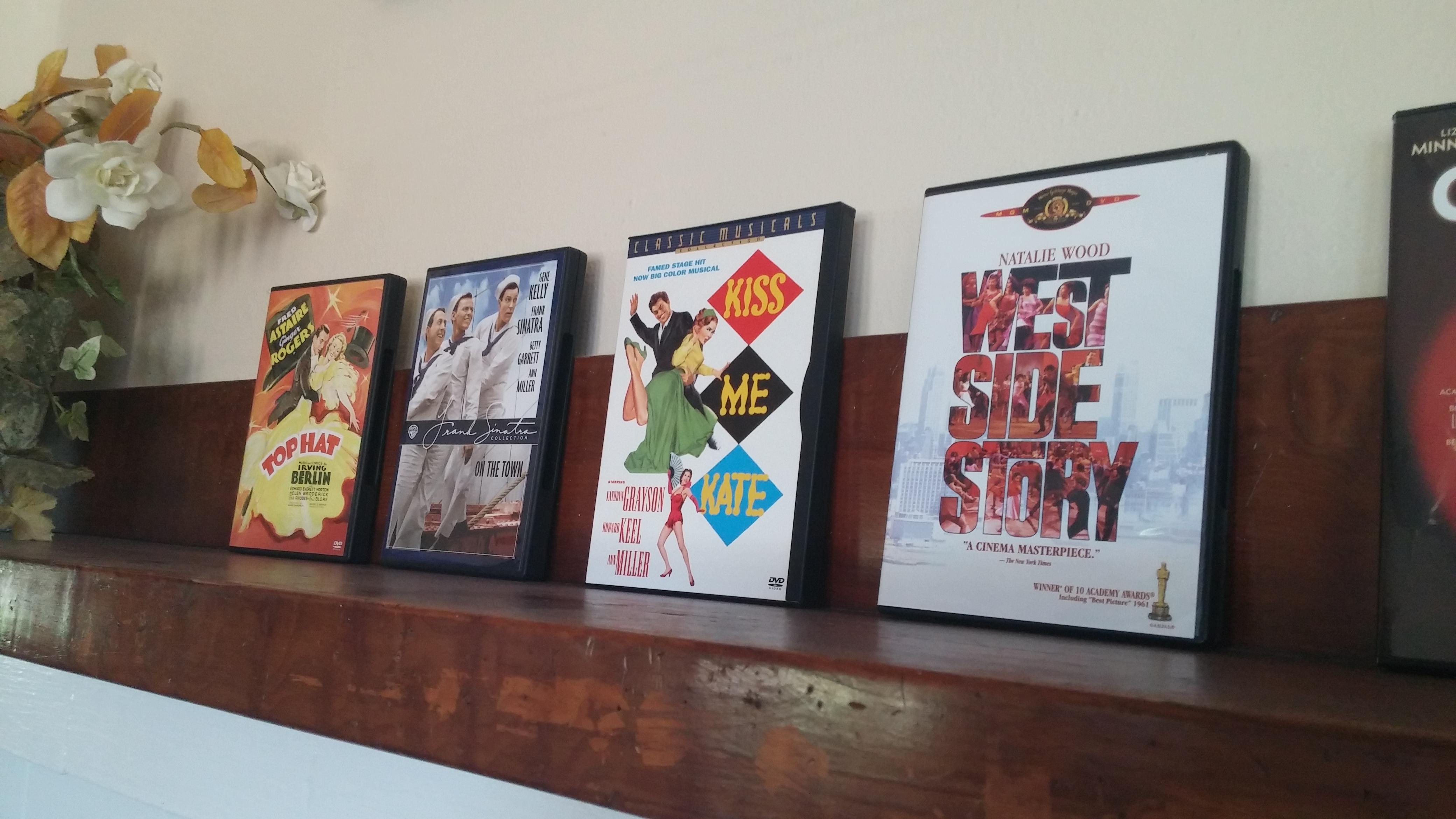
There was no applause when the credits appeared on screen at the end of Spotlight. The only noise in the small theater of The Grand Cinema was a man muttering a single fitting word under his breath: “Jesus.”
Spotlight is named after the investigative team at The Boston Globe that uncovered the now-infamous sexual abuse of children by Catholic priests in the Boston area in 2002. The film is perhaps undeniably similar to All the President’s Men, the 1976 classic about Carl Bernstein and Bob Woodward’s work to uncover the Watergate scandal.
Michael Keaton, Mark Ruffalo, Rachel McAdams and Brian d’Arcy James make up the Spotlight team and are joined by Mad Men’s John Slattery and Ray Donovan’s Liev Schrieber. In a film where character development is pushed aside for the sake of storytelling, all members of the Spotlight team manage to create their own personas as journalists who approach their work as not only a job, but a duty.
For Keaton, Spotlight is the second Oscar-worthy movie he has been in as of late—Birdman won best picture in 2015, and Spotlight is currently in the running for a 2016 nomination.
Another noteworthy performance was that of Stanley Tucci, who plays Mitchell Garabedian, an attorney willing to put his life on hold to help those victimized by the priests. His eccentric, funny and emotional work steals the movie without taking away from its other qualities or the performances of the other actors.
Writer/Director Thomas McCarthy kept the film simple, letting the incredible story carry the weight. There are no fancy shots from odd angles—save for one quick scene in the Spotlight room where the camera bounces from the vantage of the different characters, bringing the viewer into the conversation—and nothing gets muddled. Even the score, a smooth jazz composition heavy on the piano, compliments the mood of the film nicely.
Beyond that, McCarthy doesn’t rely on dramatization to capture the audience. Rather, he sticks to a unique level of truth, or at least makes it feel that way. The cast members all work well together, and the whole aura feels less like cinema and more like an inside look at what really happened. There are no outlandishly lucky breaks that crack the case open. Just a simple, methodical unearthing of evidence, building up the case piece by piece until it’s ready to go to print.
Looking at the story in the context of the world, it seems better that it took 14 years for the film to come out, as opposed to just the four-year gap between the events in All the President’s Men and its adaptation. For it to be done right, the whole story needed to come out. Boston was just the tip of the iceberg, as the film shows the list of other cities to have major scandals of the same nature break out since The Globe’s article in 2002.
This ending shows the lasting effect of the work of these journalists and pulls the movie into the present day. It is a solemn reminder of just how serious the problem was within the Catholic Church.
As a piece of cinema, Spotlight is not innovative. It does not try to be fancy, the actors work within reason and it does not have a surprise ending. We know how the story ends, but the execution on nearly all aspects is superb, leaving it with very few faults.
It will be interesting to see if Spotlight can have success at the Academy Awards in February. Because it is so similar to All the President’s Men, one has to wonder if this otherwise-fabulous film will lose because of its unoriginality.
Whether it wins awards or not, Spotlight is a film that should be remembered. This was not only the story of the Spotlight reporters, but also the story of the over 1,000 people abused by priests in the Boston area as well as countless more worldwide. It was important that the film do justice to the work done by Michael Rezendes, Walter Robinson, Sacha Pfeiffer and Matt Carol, the four reporters who made up the Spotlight team. What was crucial, however, was that it did justice to the victims, and in this regard it succeeded with flying colors.



